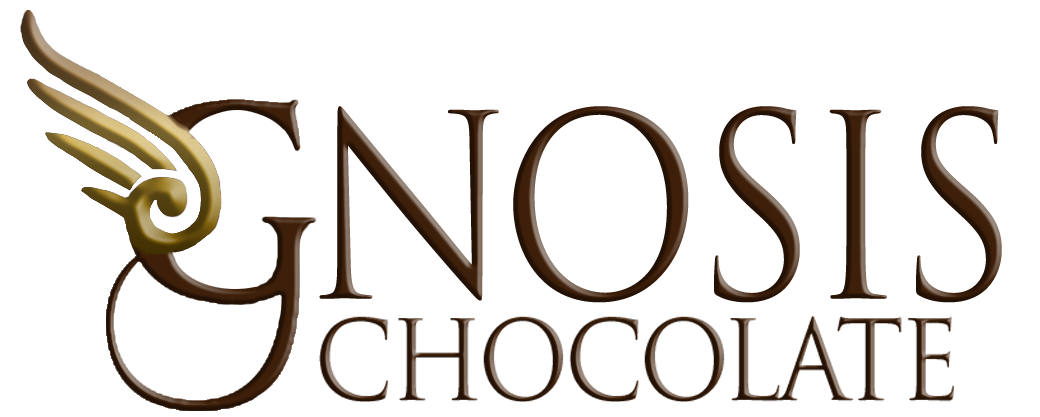“Local populations can easily turn the nectar into coconut blossom sugar. It is a way to solve the world’s poverty. It is also an antidote against misery.”
I MADE COCONUT SUGAR!
I visited Big Tree Farms and absolutely fell in love with the land, people, and culture.
Here is the artisinal coconut sugar making process (as I demonstrate in the video):
climb up coconut tree
hang bamboo bucket from dripping coconut flowers
climb back up and collect the bucket (no easy task, let me tell you!)
evaporate water out of the nectar in a pot over wood fire, stirring constantly
grind caramelized nectar into granules - by hand!
sweat a lot the whole time
get laughed at by Javanese women who think it’s funny you’ve come to do this with them and are so excited at the interest taken in their lives!
The UN’s Food & Agriculture Organization called sugar the world’s “most sustainable sweetener.”
Coconut Sugar, also known as Coconut Palm Sugar or Palm Nectar, is nectar that drips from the flowers of the Coconut (Coco Nucifera) Tree.
This staple of South East Asian culinary heritage and herbal medicine has become the most requested sweetener in global health communities as a nutritious, sustainable, satisfying sweetener. It has certainly earned its spot in our hearts as well as our customers!
We absolutely love this sweetener, and are excited to bring you the first chocolate sweetened with coconut sugar!
COCONUT SUGAR:
a healthy & eco friendly sweetener!
Coconut Sugar delivers a rich storehouse of nutrients: B vitamins and minerals, including phosphorous, potassium, protein, magnesium, and calcium.
Cocos Nucifera trees yield 50-75% more sugar per acre than sugar cane and use 1/5th the soil nutrients and water – and can produce nectar (then granulated into sugar) and coconuts for water and meat simultaneously, thus making it an incredibly sustainable crop.
In fact, The UN’s Food & Agriculture Organization called sugar the world’s “most sustainable sweetener.”
Coconut Sugar has a glycemic index of 35 (compared to honey at 55 or cane sugar at 68), and a low fructose content.
This low sugar impact is very beneficial for anyone trying to watch their blood sugar - whether a Type I or Type II diabetic, managing weight gain, or just wanting to avoid the “highs and crashes” of sugars!
OUR SOURCE:
Big Tree Farms in Indonesia
The Coconut Sugar we use is harvested on the island of Java by Big Tree Farms - a company that works directly with farmers and has raised the bar for integrity in the organic food movement.
Big Tree Farms goes above and beyond the basic definition of a socially responsible company, enabling all sales revenues to remain in the local producing community.
“100% of the money from growing, harvesting and primary processing of this ingredient stays in the local communities and we work directly with international NGO’s in order to maintain transparent, socially equitable supply chains.
Through market access and production training, smallholder sugar-tappers have risen well above the poverty line and are able to earn an increase in personal income of close to 200% while maintaining a competitive market price as a cane sugar alternative!”




